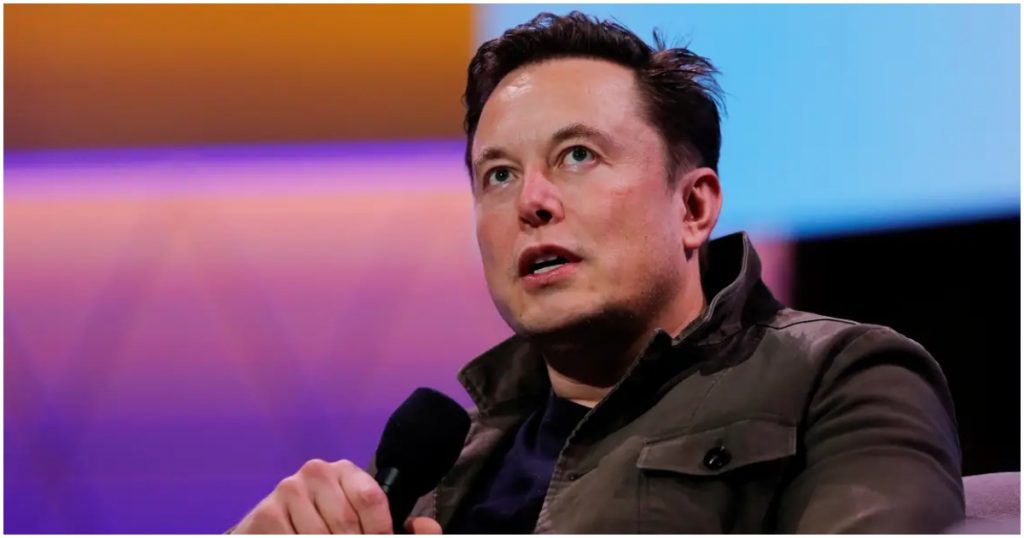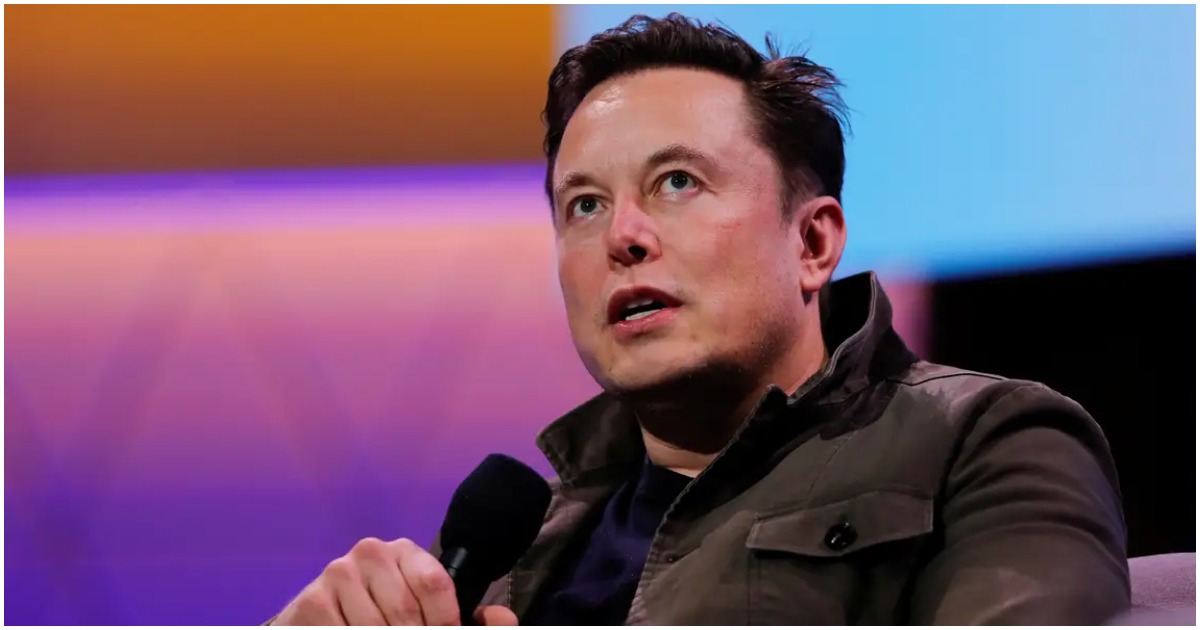It had been believed that AI would disrupt white-collar jobs like programming, graphic design and legal work, but it turns out that some of the most intense and skillful human jobs might also be impacted.
Recently, Elon Musk made a provocative statement about the future of fighter pilots. His comments suggest a radical shift in aerial warfare, driven by the rise of drone technology. He questioned the long-term viability of human-piloted fighter jets in an age of increasingly sophisticated and numerous autonomous drones. His argument hinges on the economic and strategic advantages of unmanned aerial vehicles, particularly in large-scale engagements.

“I’m not sure there’s a lot of opportunity for fighter pilots,” Musk stated, “because I think if you’ve got a drone swarm coming at you, the liability is in the fighter plane.” He went on to compare the ease of drone production to that of fighter jets: “If you compare a drone versus a fighter plane, how easy is it to make a drone? At least 10, maybe 100 times easier to make the drone.”
This ease of production, Musk argued, allows for a different approach to risk: “And you can afford sacrifices,” he explained, “whereas pilots, you don’t want to sacrifice pilots.” His conclusion is stark: “So my guess is that actually the age of human-piloted fighter aircraft is coming to an end.”
Musk’s assessment carries significant weight, given his deep involvement in advanced technologies and space flight. His perspective reflects a broader trend in military thinking, with many nations investing heavily in drone development. The ongoing conflict in Ukraine has provided a stark demonstration of the impact of drones on modern warfare, further fueling speculation about the changing role of traditional fighter jets.
The implications of this shift could be far-reaching. If Musk’s prediction proves accurate, it could lead to a major restructuring of air forces worldwide. The skills and training required for pilots might become obsolete, requiring a significant investment in new areas like AI programming and drone operation. Furthermore, the ethical dimensions of autonomous warfare raise complex questions about accountability and the potential for unintended escalation. While the future of aerial combat remains uncertain, Musk’s words serve as a powerful reminder that the disruptions from AI and futuristic technologies can come in areas that one least expects.
